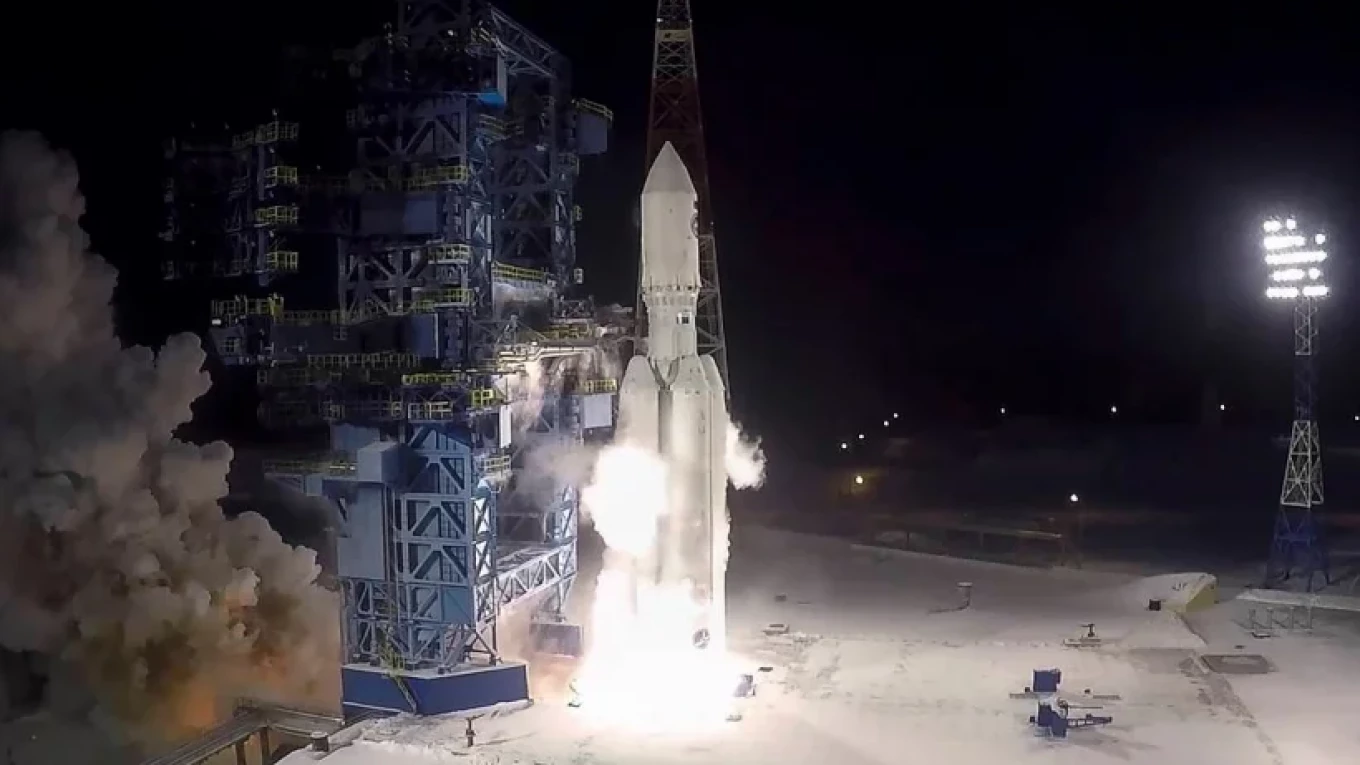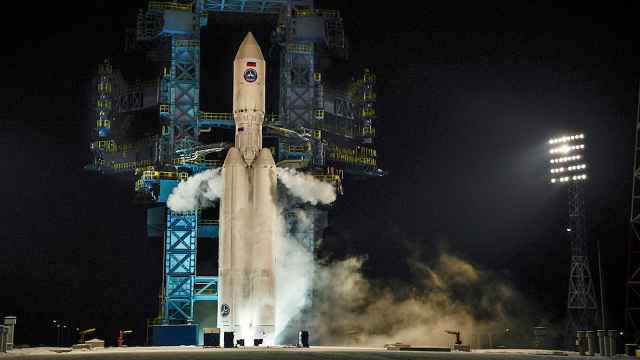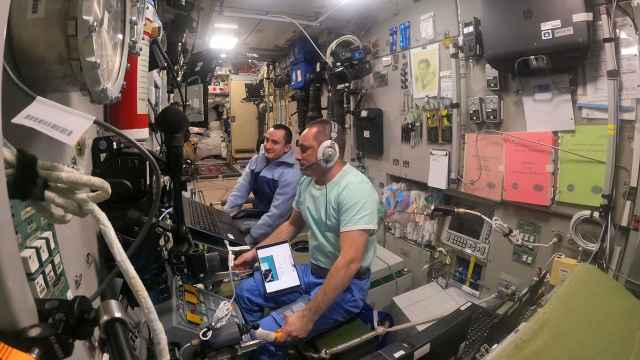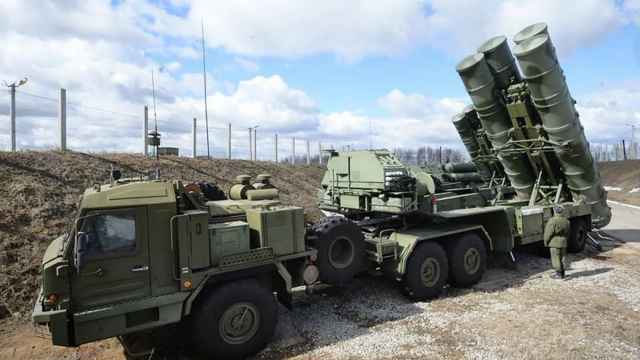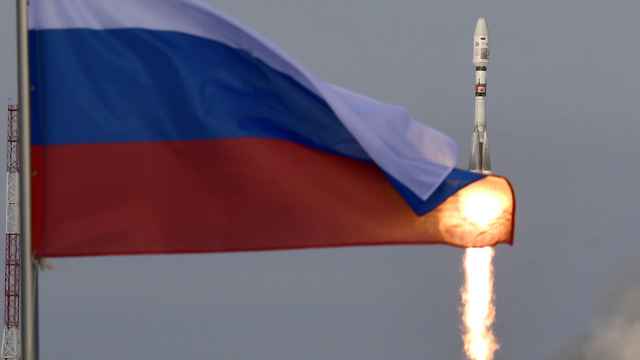A top-secret missile launched from the Plesetsk cosmodrome in Arkhangelsk region earlier this week was a weapon capable of destroying satellites in low orbit.
Indications of a launch from Plesetsk came as NOTAM warnings were issued for three areas in the Russian Arctic in a straight line north from the cosmodrome. The areas were coincident with the different stages of a space missile's fall-down; east of Cape Kanin, over Novaya Zemlya and the last over Severnaya Zemlya.
The Pentagon sees the missile test as a rapidly advancing threat to its own space systems.
“Russia publicly claims it is working to prevent the transformation of outer space into a battlefield, yet at the same time Moscow continues to weaponize space by developing and fielding on-orbit and ground-based capabilities that seek to exploit U.S. reliance on space-based systems,” said Army General James Dickinson, a commander of the U.S. Space Command.
According to the Space Command, Russia is developing several types of anti-satellite weapons. This week’s test is a missile launched from earth that can directly hit an enemy satellite and take it out. A second weapon under development is an on-orbit kinetic weapon. Based in space, such weapons could take out targets from orbit, in orbit.
The U.S. Space Command also pointed to the on-ground combat laser systems currently under development by the Russian Space Forces.
"Russia has made space a warfighting domain by testing space-based and ground-based weapons intended to target and destroy satellites," according to the statement by General Dickinson.
According to him, Russia demonstrated its on-orbit kinetic weapon system in 2017 and again in 2020. No details were attached to the statement.
In April this year, The Barents Observer reported about this year’s first anti-satellite missile test from Plesetsk. That missile made a spectacular trace above two remote villages in the republic of Komi, north of the cosmodrome in northern Russia.
A Message from The Moscow Times:
Dear readers,
We are facing unprecedented challenges. Russia's Prosecutor General's Office has designated The Moscow Times as an "undesirable" organization, criminalizing our work and putting our staff at risk of prosecution. This follows our earlier unjust labeling as a "foreign agent."
These actions are direct attempts to silence independent journalism in Russia. The authorities claim our work "discredits the decisions of the Russian leadership." We see things differently: we strive to provide accurate, unbiased reporting on Russia.
We, the journalists of The Moscow Times, refuse to be silenced. But to continue our work, we need your help.
Your support, no matter how small, makes a world of difference. If you can, please support us monthly starting from just $2. It's quick to set up, and every contribution makes a significant impact.
By supporting The Moscow Times, you're defending open, independent journalism in the face of repression. Thank you for standing with us.
Remind me later.


